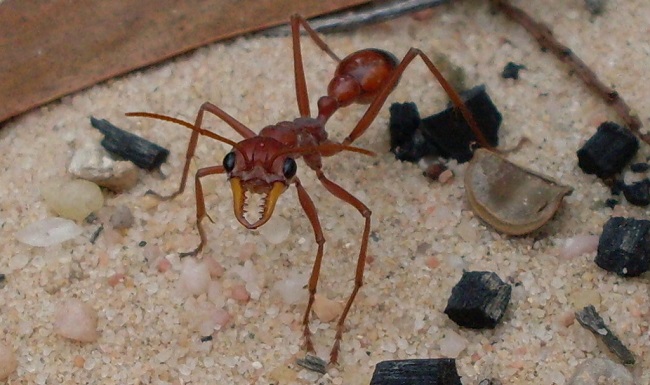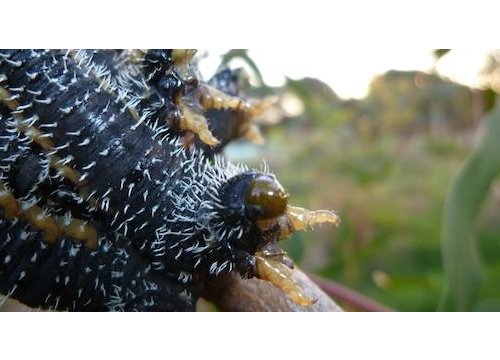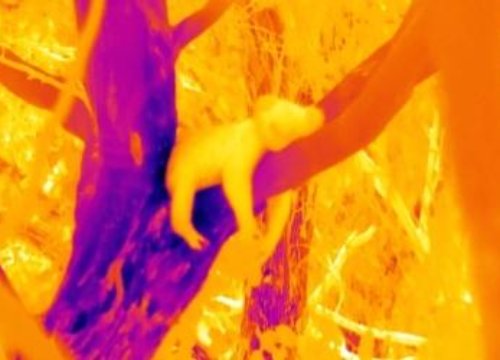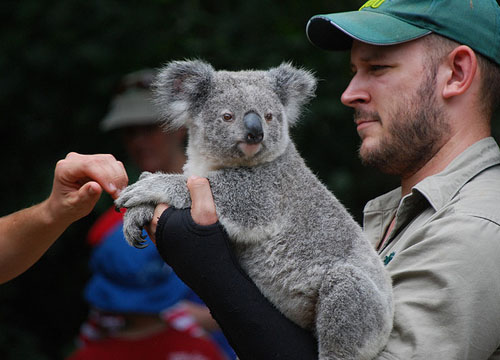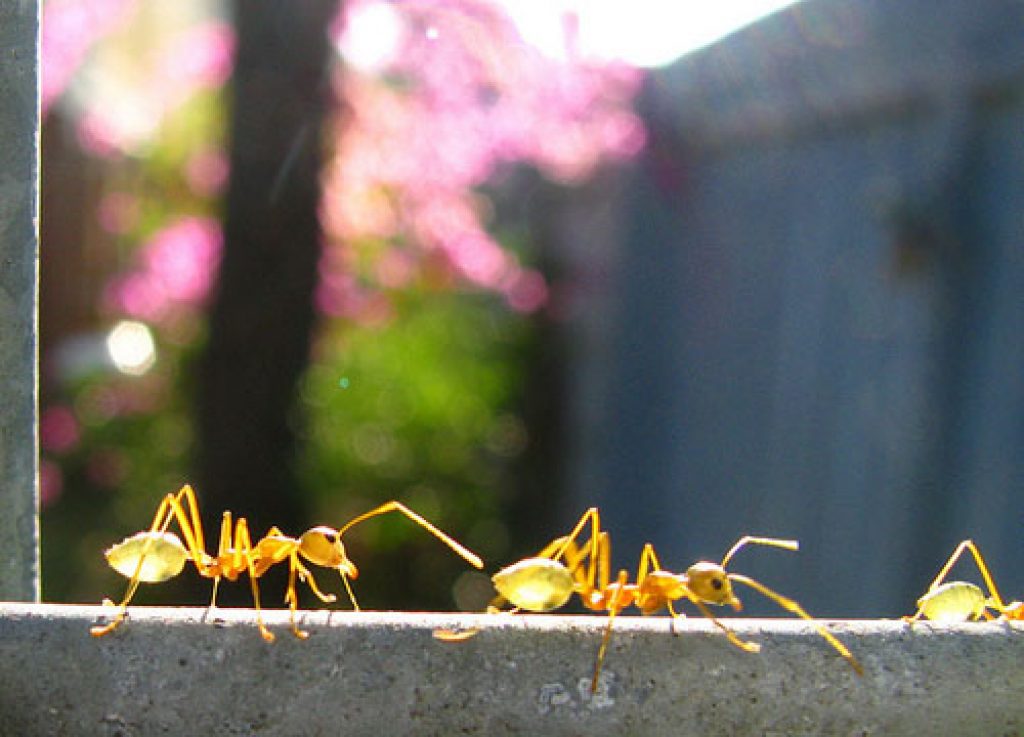
AsianScientist (May 14, 2014) – A study has found that surrounding odors can affect the ability of ants to distinguish friend from foe. This work has been published in the journal Austral Entomology.
Lead author University of Melbourne’s Professor Mark Elgar from the Department of Zoology said, “Ants brush each others antennae, which helps them detect chemical signals that reveal whether the other ant is friend or foe.”
If the chemical signals indicate that the other ant is a nestmate, ants engage in greeting behavior. Conversely, they behave aggressively towards ants from a different colony. Elgar’s team was interested in how the presence of competing background signals would affect the chemical signaling between ants.
They found that when ants were in a haze of perfume, they brushed their antennae more frequently, but weren’t necessarily more or less aggressive.
“Our results show that perfume obscures signal recognition. These odors act as a background noise in much the same way as it’s more difficult to hear someone speaking at a rock concert,” said Elgar.
“Background noise is an important factor in influencing the evolution of chemical communication because it requires a precise signal that can be detected reliability against the background noise.”
Elgar added that these findings might explain why worker ants engaging in territorial disputes with adjacent colonies prefer locations with less plants, as this might reduce the levels of olfactory interference.
The article can be found at: Conversano et al. (2014) Background Odor May Impair Detection of Chemical Signals for Social Recognition.
——
Source: University of Melbourne; Photo: +gAbY+/Flickr/CC.
Disclaimer: This article does not necessarily reflect the views of AsianScientist or its staff.





